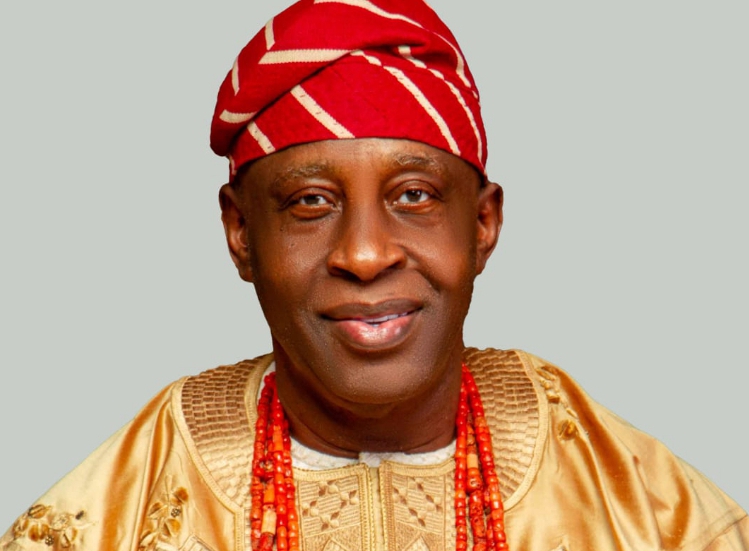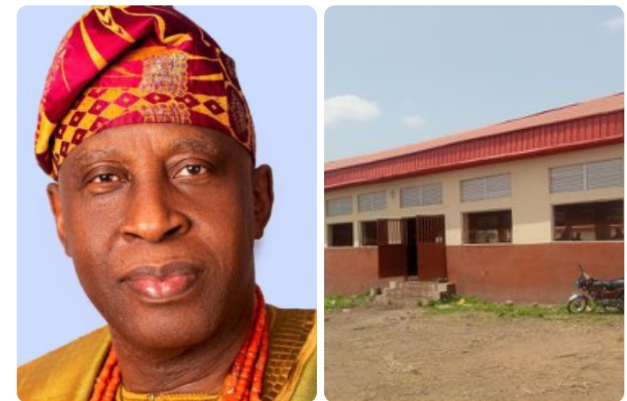“We have played our role. We will leave posterity to judge us.” This was a statement credited to former Senate President, Dr. Bukola Saraki while speaking on the rejection of Ibrahim Magu as Acting Chairman of Economic and Financial Crimes Commission (EFCC) in 2017 by the 8th Senate which he presided over. This was against the backdrop of insincerity leveled against the Senate that they rejected Magu because of their vested interests. The Senate was bashed left, right and centre by the supporters of President Muhammadu Buhari administration for their temerity to reject Buhari’s candidate. But as Saraki declared, posterity has started to judge on the matter, judging by the serious allegations of corrupt practices for which Ibrahim Magu is being presently probed. Among the allegations are re-looting of recovered loots, diversion of accumulated interest rates on the recovered N550billion by the EFCC, secret sales of seized property all running into billions of naira and all bordering on mismanagement and lack of transparency in managing the affairs of the commission. The fall of Magu though yet to be convicted by any court of law has vindicated the 8th Senate over their discoveries on Magu during his screening that he lacked integrity and honesty. It based its decision on a report it got from the Department of State Services (DSS). It was vilified and Buhari in his usual sanctimoniousness dismissed the decision of the 8th Senate as bunkum. Today, we know better who was acting and talking bunkum. If eventually he is convicted, which should be, in view of the many revelations since his probe by the Ayo Salami Presidential Probe Panel began, this would be a grave moral burden on President Muhammadu Buhari. Magu was rejected twice by the 8th Senate but twice did the president overrule them and Magu went on to serve in acting capacity for five years.
Many things are wrong with our democracy with the kinds of presidents we have been churning out who upon assuming office assume the toga of inviolability. Governors and other executive office holders are not immune from this as they all presume to be unassailable against profanity once they get to office; they arrogate all powers to themselves and act arrogantly. The beauty of democracy is the inbuilt checks and balances especially to preclude the executives from slipping into dictatorial inclinations. The legislatures and other institutions especially the Judiciary are woven into the system to dampen this predilection towards dictatorship; unfortunately, our executives ride roughshod over them. While they engage in such profanities they weaken the democratic system as supporting institutions are weakened as Saraki also said at the time: “So, it is about systems and processes. Whether you like Saraki or you don’t like Saraki or you don’t like Ekweremadu, it is not about us. By the end of our tenure we will go. It is about the institution. We cannot belittle or weaken the institutions because it is that institution that separates democracy from dictatorship. When you weaken the parliament, you have weakened democracy.” It is time executive recklessness is stopped in the country and for governments to always allow to be brought to bear a high degree of responsibility in genuinely considering the views of others especially in major policy decisions and important actions of governments. When an executive sticks to his gun and wave away opinions of others they might not know it, their powers are only being usurped and hijacked by the few fat cats milling around them who goad them unending to infamous actions and by extension infractions.
Furthermore, the act establishing the EFCC should be reviewed for more effectiveness and efficiency. The act provides that the agency must be headed by an Assistant Commissioner of Police or its equivalent. More so, according to a report by the employees of the agency, EFCC looks more like a police outfit because it is brimming with police officers who have served the commission more than the required two years of secondment. The Nigeria Police Force is not popular with the people of Nigeria because of its bad image arising from corrupt practices and drafting the chairman of EFCC from police personnel smacks of disingenuousness. There are respected retired judges, clergymen, lawyers, academics and other eminent persons belonging to other professions who could head the commission transparently and honestly. An average policeman in Nigeria is soiled, he has no integrity to protect at all cost, and faced with the financial temptation inherent in the anti-graft agency, the story would be how the cookies crumble! The agency needs a holistic reengineering if truly we are serious as a nation in fighting corruption.
Reforms need to be done in the agency so that the usual inglorious exit of its czars would be discouraged. Above all, the ongoing probe against Magu and other top officials of the commission should be thorough and clinical; it should not be truncated by the administration in its usual manner of shielding or glossing over allegations of corrupt practices against its people. We know how many of its men have fallen short of financial impropriety but who escaped the sword of justice. The administration must be seen to be truly fighting corruption so that its hailers will not be perpetually disappointed and left speechless before recovering to defend the indefensible, more importantly, for the good of the nation. There should be no sacred cow as it has again boasted only to later sweep the matter under the carpet.

